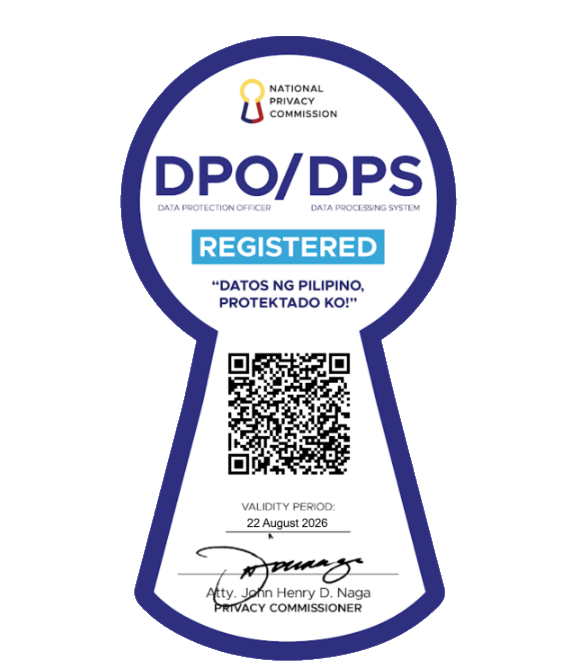#DiscoverWithVSU: Study reveals gaps in public awareness on poultry diseases in Leyte and Southern Leyte
- Details
- Written by Mike Laurence V. Lumen
-
Published: 27 November 2025

A new study published in the Veterinary Integrative Sciences journal sheds light on how people in Leyte and Southern Leyte understand, react to, and practice safety measures against poultry-borne diseases that can also affect humans.
The research was led by Dr. Ana Marquiza M. Quilicot from the Visayas State University-Faculty of Veterinary Medicine (VSU-FVM). It looked at the knowledge, attitudes, and everyday practices of 451 poultry stakeholders, including consumers, small-scale raisers, retailers, and raiser-retailers, on poultry zoonoses, or diseases that can be passed from chickens to people.
The findings show that while most people maintain good habits when handling poultry, many still lack a clear understanding of poultry zoonoses. Only one in four respondents or 25% could correctly define what a zoonotic disease is.
Awareness of the possible severity of these illnesses was also limited, with less than half (42%) knowing that poultry-related infections can sometimes cause life-threatening conditions in humans.
On the other hand, attitudes toward safety were generally positive. A large majority (over 87%) showed strong agreement on the importance of hygiene, safe cooking, and buying poultry products from reliable sources.
When it came to actual practices, more than 90% of respondents said they would not eat dead or sick chickens and avoided consuming raw poultry products. However, only a small portion followed proper hygienic measures while handling live birds, and many raisers admitted to relying on non-professional sources when treating sick flocks, which poses risks such as antibiotic misuse and the rise of drug-resistant bacteria.
The study also revealed differences across groups. Poultry raisers tended to know more about these diseases compared to consumers or retailers, likely due to their hands-on experience. Women generally had slightly higher knowledge scores than men. Married individuals practiced safer measures compared to single respondents. Interestingly, consumers showed higher safety attitudes than other groups, even if their knowledge was lower.
Poultry-borne diseases such as salmonellosis, campylobacteriosis, avian influenza, and Newcastle disease can spread to humans through unsafe handling or consumption of chicken meat and eggs. These infections may lead to anything from mild stomach upset to severe illness, especially among young children, the elderly, pregnant women, and those with weak immune systems. While most of these diseases can cause significant health problems, Newcastle disease in humans is generally limited to a mild eye infection (conjunctivitis).
With poultry being one of the most common food sources in Filipino households, raising awareness about these risks is vital. The study emphasizes that good knowledge leads to safer attitudes and practices. In simple terms, the more people understand poultry diseases, the better they behave in preventing them.
The findings also stress the importance of proper veterinary guidance in smallholder farms. Simple steps such as safe poultry housing, vaccination, wearing protective equipment, and consulting licensed professionals when chickens get sick can significantly reduce the spread of disease.
The study concludes that while attitudes and practices are already at a good level, knowledge needs to be improved across all groups. Doing so will not only protect families from foodborne and animal-borne infections but also safeguard livelihoods that depend on poultry production.
This article is aligned with the Sustainable Development Goal (SDG) 2: Zero Hunger; SDG 3: Good Health and Well-Being; SDG 4: Quality Education; SDG 12: Responsible Consumption and Production, and; SDG 15: Life on Land.


